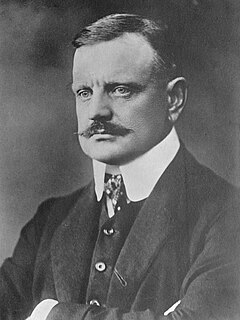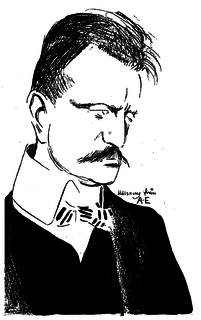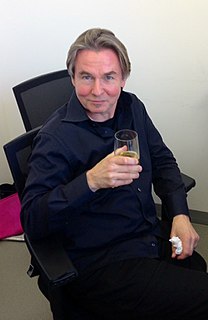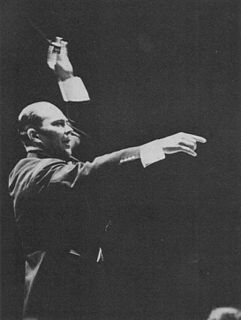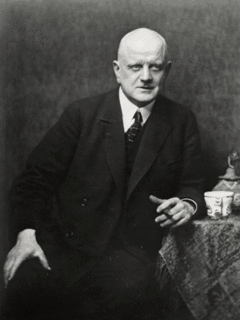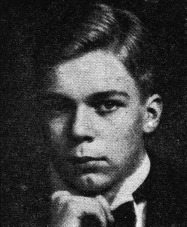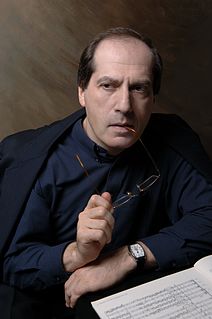
Tauno Heikki Hannikainen (February 26, 1896 – October 12, 1968) was a Finnish cellist and conductor.

Finland, officially the Republic of Finland is a country in Northern Europe bordering the Baltic Sea, Gulf of Bothnia, and Gulf of Finland, between Norway to the north, Sweden to the northwest, and Russia to the east. Finland is a Nordic country and is situated in the geographical region of Fennoscandia. The capital and largest city is Helsinki. Other major cities are Espoo, Vantaa, Tampere, Oulu and Turku.

Conducting is the art of directing a musical performance, such as an orchestral or choral concert. It has been defined as "the art of directing the simultaneous performance of several players or singers by the use of gesture." The primary duties of the conductor are to interpret the score in a way which reflects the specific indications in that score, set the tempo, ensure correct entries by ensemble members, and "shape" the phrasing where appropriate. Conductors communicate with their musicians primarily through hand gestures, usually with the aid of a baton, and may use other gestures or signals such as eye contact. A conductor usually supplements their direction with verbal instructions to their musicians in rehearsal.
Contents
Born in Jyväskylä, he was the son of the composer Pekka Juhani Hannikainen. The pianist Ilmari Hannikainen and the conductor Väinö Hannikainen were his brothers. He studied first as a cellist in Helsinki and abroad. From 1922 he became the second conductor in the Finnish Opera House in Helsinki. He conducted the music at Sibelius's funeral. He went to the USA in 1940, becoming music director of the Duluth Symphony Orchestra (1942–47). He was an assistant conductor (1947–49) and associate conductor (1949–50) with the Chicago Symphony Orchestra, and was principal conductor of the Helsinki Philharmonic Orchestra.

Jyväskylä is a city and municipality in Finland in the western part of the Finnish Lakeland, some 130 km north-east from Tampere. It is the largest city in the region of Central Finland and on the Finnish Lakeland.

Toivo Ilmari Hannikainen was a Finnish composer.

Helsinki is the capital city and most populous municipality of Finland. Located on the shore of the Gulf of Finland, it is the seat of the region of Uusimaa in southern Finland, and has a population of 648,650. The city's urban area has a population of 1,268,296, making it by far the most populous urban area in Finland as well as the country's most important center for politics, education, finance, culture, and research. Helsinki is located 80 kilometres (50 mi) north of Tallinn, Estonia, 400 km (250 mi) east of Stockholm, Sweden, and 390 km (240 mi) west of Saint Petersburg, Russia. It has close historical ties with these three cities.
